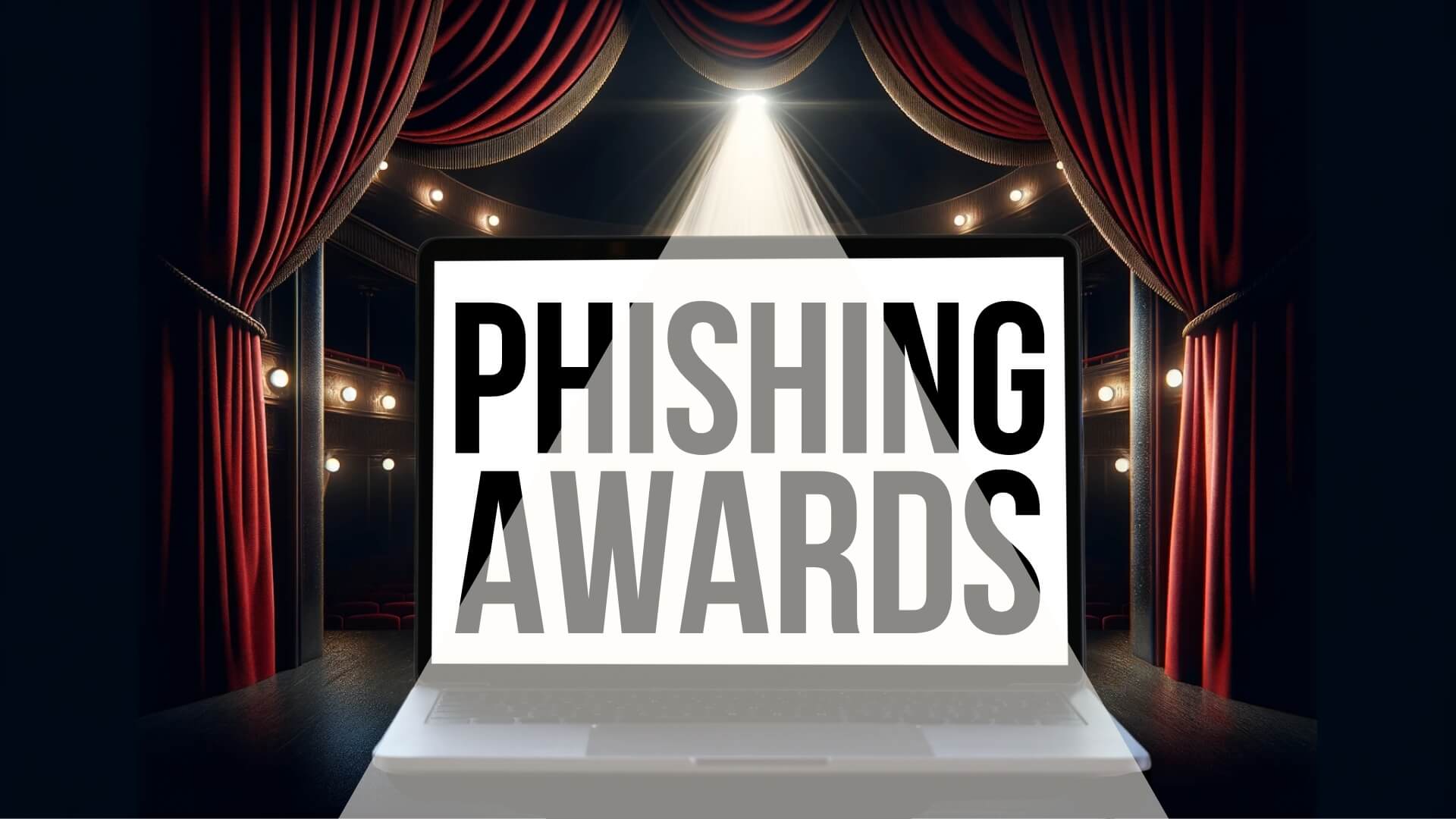If there’s one thing that’s 100% certain when it comes to protecting your business data, it’s that you need to be aware of phishing emails.
First things first, what exactly is a phishing email? Picture it as a wolf in sheep’s clothing, posing as a legitimate communication to deceive unsuspecting recipients. The consequences of falling victim can be devastating for businesses of all sizes, leading to financial losses, data breaches, and reputational damage.
And you know what they say: Knowledge is power. One of the best ways to stay safe is to stay informed, we can do that by looking at the most common phishing emails of last year.

Most Common Themes
Phishing emails come in many forms, but some themes consistently dominate the landscape.
Financial Phishing (54%): This category reigns supreme, with emails mimicking invoices, payment requests, or bank statements. These scams aim to trick victims into surrendering financial information, leading to unauthorized transactions and significant monetary losses.
Notification Phishing (35%): Designed to create a sense of urgency, these emails often warn about expiring passwords, account suspension, or critical system updates. The goal is to pressure recipients into clicking malicious links or divulging sensitive credentials by preying on panic.
Document & Voicemail Scams (38% & 25%): These tactics leverage deception to compromise security measures. Emails may contain seemingly harmless attachments (e.g., fake shipping documents) or links to download malicious files disguised as voicemails. Clicking on these can unleash malware that infects your system and steals your data.
Minor Themes
While less prevalent, other phishing themes still pose a significant risk. These include:
Benefits Phishing: These emails mimicking official communication from benefit providers. The goal is to steal personal data related to health insurance, retirement plans, and other benefits.
Tax Phishing: These scams impersonate tax authorities and attempt to trick recipients into sending them sensitive financial or personal information.
Job Application Phishing: Disguised as legitimate recruiters, these emails aim to steal resumes or personal information from job seekers.
Property Phishing: These scams target potential homebuyers or renters, leveraging fake property listings to collect financial details or steal identities.
Why should you be concerned about phishing emails? Falling victim to these scams can have serious consequences, including financial loss, data breaches, and damage to your company’s reputation. It’s essential to educate your employees about the dangers of phishing and put in place robust cyber security measures to protect your business.
Phishing attacks are a continuous threat, and even the most cautious individuals can fall victim. However, by staying informed, training your employees, and using strong security protocols, you can safeguard your company’s valuable assets from cyber threats.
We help businesses like yours stay safe. If you’re not 100% sure you’re fully protected, let’s talk.
